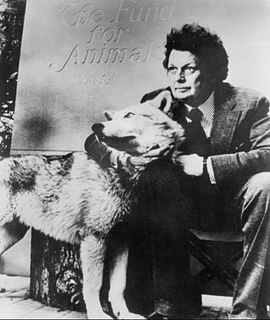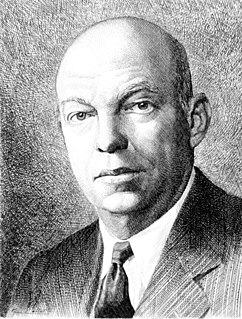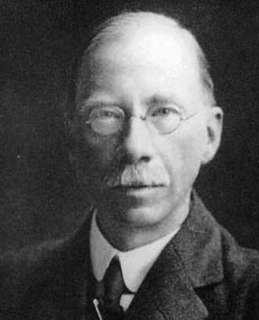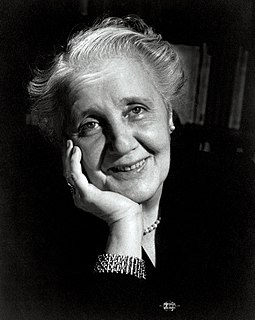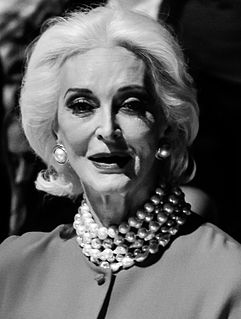A Quote by Henry David Thoreau
The repugnance to animal food is not the effect of experience, but is an instinct. It appeared more beautiful to live low and farehard in many respects; and though I never did so, I went far enough to please my imagination.
Related Quotes
Unlike some people who have experienced the loss of an animal, I did not believe, even for a moment, that I would never get another. I did know full well that there were just too many animals out there in need of homes for me to take what I have always regarded as the self-indulgent road of saying the heartbreak of the loss of an animal was too much ever to want to go through with it again. To me, such an admission brought up the far more powerful admission that all the wonderful times you had with your animal were not worth the unhappiness at the end.
To consider the matter aright, reason is nothing but a wonderful and unintelligible instinct in our souls, which carries us along a certain train of ideas, and endows them with particular qualities, according to their particular situations and relations. This instinct, 'tis true, arises from past observation and experience; but can anyone give the ultimate reason, why past experience and observation produces such an effect, any more than why nature alone should produce it?
Not only did he teach by accomplishment, but he taught by the inspiration of a marvelous imagination that refused to accept the permanence of what appeared to others to be insuperable difficulties: an imagination of the goals of which, in a number of instances, are still in the realms of speculation.
The investigation of causal relations between economic phenomena presents many problems of peculiar difficulty, and offers many opportunities for fallacious conclusions. Since the statistician can seldom or never make experiments for himself, he has to accept the data of daily experience, and discuss as best he can the relations of a whole group of changes; he cannot, like the physicist, narrow down the issue to the effect of one variation at a time. The problems of statistics are in this sense far more complex than the problems of physics.
This fact was something I also learned from this first novel that I needed personal experience to invent, to fantasize, to create fiction, but at the same time I needed some distance, some perspective on this experience in order to feel free enough to manipulate it and to transform it into fiction. If the experience is very close, I feel inhibited. I have never been able to write fiction about something that has happened to me recently. If the closeness of the real reality, of living reality, is to have a persuasive effect on my imagination, I need a distance, a distance in time and in space.
The key to overcoming adversity is to be ready to understand that you have enough, no matter what rug is pulled out from under you. You can't live in fear, or thinking "I'll never figure it out." The more consciously we can understand what we're experiencing, the more that is our protection. So, we run into adversity, but we don't have to stay there if we have imagination and a way to help ourselves change course. Sometimes we can't - knowing the difference is wisdom and the acceptance that we have enough.
The prospect of an early death sits differently upon each person. In some it gifts maturity far outweighing their age and experience: calm acceptance blossoms into a beautiful nature and soft countenance. In others, however, it leads to the formation of a tiny ice flint in their heart. Ice that, though at times concealed, never properly melts. Rose, though she would have liked to be one of the former, knew herself deep down to be one of the latter.
Science begins with the world we have to live in, accepting its data and trying to explain its laws. From there, it moves toward the imagination: it becomes a mental construct, a model of a possible way of interpreting experience. The further it goes in this direction, the more it tends to speak the language of mathematics, which is really one of the languages of the imagination, along with literature and music. Art, on the other hand, begins with the world we construct, not with the world we see. It starts with the imagination, and then works toward ordinary experience.
Do you think I am a fool, Masha? All this time, and you speak to me as though I were a flighty pinprick of a girl. I am a magician! Did you never think, even once, that I loved lipstick and rouge for more than their color alone? I am a student of their lore, and it is arcane and hermetic beyond the dreams of alchemists. Did you never wonder why I gave you so many pots, so many creams, so much perfume?


